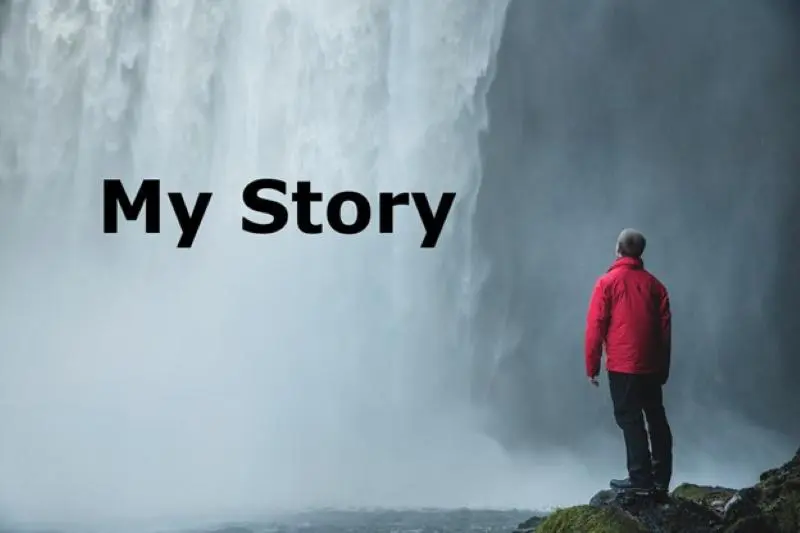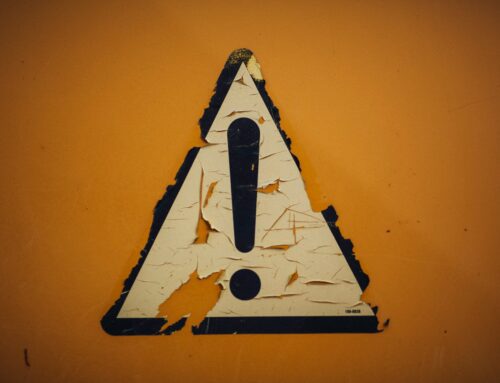“Experience is merely the name men gave to their mistakes.” ― Oscar Wilde
I was 35 years old when I sold the first business I’d built. I became a broker eventually because I wanted to help other business owners avoid all the mistakes I made.in the process.
My first business – the one I thought was my life’s work – was a financial advising practice. I was good at it, and I was proud of how much it had grown. I had staff who depended on me, clients who relied on me, and work that kept me busy at least six days a week. I was up at 4:30 every morning checking out the overseas markets and thinking through strategy. Like most owners, the business was my identity. I put my heart and soul into it. It was fun, too. Until it wasn’t.
The financial crisis of 2007 – 2008 hit my clients hard. And because I was fee-based, it hit my income hard, as well. I spent all day every day advising people who’d lost a significant portion of their retirement savings and security. They were scared and angry and worried about the future. My advice was good – for a market that made sense. This market didn’t, and the losses just kept coming.
I became miserable. It was a classic case of burnout; I hated coming to work each day. I knew I had to get out of the business. So I told some people I knew that I was going to sell the practice. One of them said he’d buy it. I was relieved; here was someone in the industry who I knew and trusted enough to feel comfortable handing over my staff and my clients.
I got lucky. He was a first-time buyer and didn’t know much more than I did, and he was a decent guy. I didn’t have any knowledge of business valuation – I don’t think I’d even heard the term before. He offered me a number that sounded about right, and I took it. Even at the time, I knew that I’d left money on the table. I did it because I thought the new owner was the right fit; he would take care of my employees and treat my customers the way I had. We signed some papers, but mostly, it was just the two of us stating “I’m paying you X for your business.”
In other words, I made just about every mistake a seller could make.
Here’s a partial list of what I did wrong.
- I went it alone. Again, I got lucky because he was a first-time buyer and had no hidden agenda. He made an offer that he could afford, and he made every payment. But if he’d been a not-so-good guy, I had no one to warn me or help protect me from a bad deal.
- I sold at the wrong time. I waited until I was so burned out that I was going to say yes to any reasonable offer. I had no negotiation left in me. I just wanted out.
- I sold at the wrong time part 2. Just before the financial crisis hit, I had about $140 million in assets under management. When I sold (with no plan or strategy – just needing to get out), I had about $68 million. So my buyer got a real bargain. Within 18 months, the crisis had passed, and the portfolio grew back to about $120 million. If I could have waited, or sold before I was so miserable, I might have doubled my profit. Timing can be crucial.
- I didn’t take my business to the open market. Choosing to sell to the first buyer that shows interest will almost never get you a top-tier offer. In fact, without competition, you’re probably not even getting his best offer. You never know the full value of your business until you’ve got more than one interested buyer.
- I left money on the table because I was more worried about other people than I needed to be. Many owners make this mistake. Call it the guilt premium; an owner would rather sell at a lower price to someone who promises to take care of people than to a buyer who’s more interested in profitability and the numbers.
As it turns out, my assumptions and worries were misguided. Within a couple of months, several staff members left the business. They were only there because they liked working with me; they were going to leave no matter who bought the business. The same for some of my customers. They left because they weren’t working with me and because the new owner took a different approach to their money (and their business with the company.) I might as well have tried to get full value, because whatever was going to happen was going to happen anyway.
I made more mistakes, too, and learned from everyone. So many that there’s a Part Two. Read it here.







